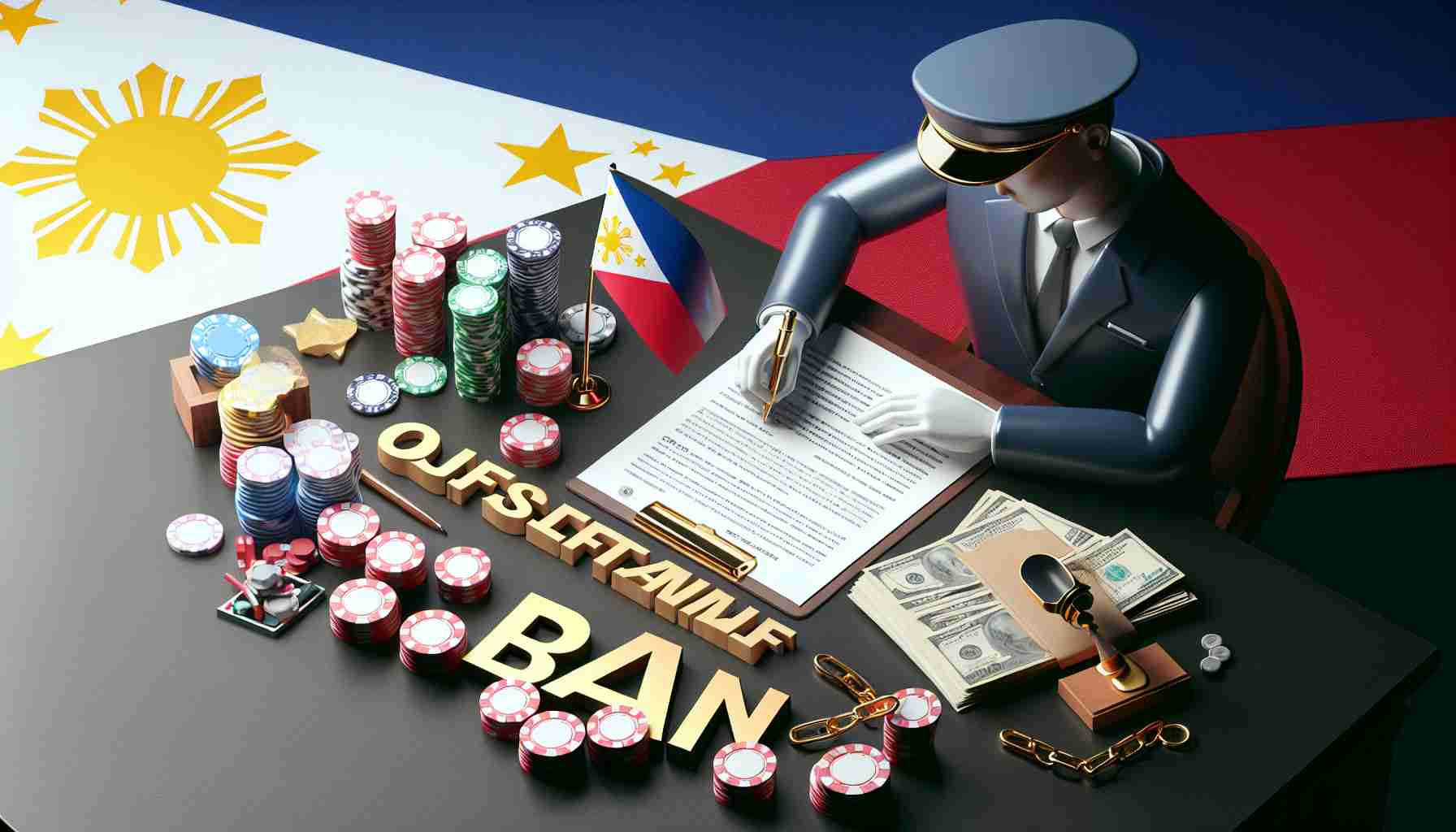In a recent Senate inquiry, Alejandro Tengco, the chief of the Philippine Amusement and Gaming Corporation (Pagcor), confirmed that the presidential ban on Philippine Offshore Gaming Operators (POGOs) applies to all 44 Internet Gaming Licensees (IGLs). The president’s order to wind down the operations of POGOs by the end of the year includes the existing IGLs.
The confusion surrounding the ban arose because POGOs have already ceased to exist since 2023 when Pagcor renamed them as IGLs. However, the term “POGO” is still commonly used by the media, law enforcement, and Congress. Speculations emerged that IGLs might not be covered by the ban, but Tengco reiterated that the mandate from the president is clear – Pagcor is to wind down all operations, including those of the IGLs.
Solicitor General Menardo Guevarra supports the notion that the ban encompasses IGLs without exception. It is a comprehensive and immediate ban on all POGOs, regardless of classification or location. However, one area of potential complication is the Cagayan Economic Zone Authority (CEZA), which has its own charter and can issue its own licenses. Pagcor will need to provide an update to the Senate on how CEZA’s charter fits into the all-out ban.
Since the time of former president Rodrigo Duterte, POGOs have been a controversial issue. Under Duterte’s administration, approximately 300 POGO licenses were issued, but during the Marcos presidency, Pagcor reduced the number to just 44 under the new IGL designation. Tengco clarified that illegal POGOs, operating without a license, are not under Pagcor’s jurisdiction.
The ban on POGOs and IGLs will impact around 40,000 workers, including 32,000 IGL workers and 8,000 Business Process Outsourcing (BPO) workers. To address the issue of job displacement, inter-agency meetings will be held, starting with the Department of Labor and Employment (DOLE), to explore alternative job opportunities.
Pagcor plans to provide monthly reports on the progress of winding down operations as they work alongside other government agencies to implement the ban effectively. The ban on POGOs aims to address the corruption, trafficking, and torture that have plagued the industry and ensure a more regulated and controlled gaming environment in the Philippines.
Additional facts relevant to the topic of the presidential ban on Philippine Offshore Gaming Operators (POGOs):
– POGOs were initially encouraged by the Philippine government as they brought significant revenue to the country through taxes and fees.
– The growth of POGOs has been accompanied by concerns about Chinese workers illegally entering the country to work in the industry.
– POGOs have also been linked to various criminal activities, such as money laundering and human trafficking.
– The ban on POGOs is part of the government’s efforts to crack down on these illegal activities and to address the negative social impact of the industry.
– The ban has prompted debates about the economic implications for the country, as it could lead to a loss of revenue and job opportunities in the gaming and BPO sectors.
– Some lawmakers and industry experts argue that instead of a complete ban, stricter regulations and stronger enforcement could be a more effective approach to address the issues associated with POGOs.
Key questions and answers:
1. What is the purpose of the ban on POGOs?
The ban aims to address corruption, trafficking, and other illegal activities associated with the industry and to create a more regulated and controlled gaming environment in the Philippines.
2. How many workers will be impacted by the ban?
Approximately 40,000 workers, including 32,000 IGL workers and 8,000 BPO workers, will be affected by the ban.
3. What alternative job opportunities will be explored for affected workers?
Inter-agency meetings will be held, starting with the Department of Labor and Employment (DOLE), to explore alternative job options for workers who will be displaced by the ban.
Key challenges and controversies:
1. The distinction between POGOs and IGLs has led to confusion and debates over whether IGLs should be included in the ban.
2. The Cagayan Economic Zone Authority (CEZA) has its own charter and can issue its own licenses, potentially complicating the implementation of the all-out ban.
3. The economic impact of the ban, including potential job losses, revenue reduction, and the effect on related sectors like BPOs, has sparked debates among lawmakers and industry stakeholders.
4. Balancing the need to address illegal activities associated with POGOs while still supporting legitimate operators and maintaining the country’s attractiveness to foreign investors poses a challenge to the government.
Advantages of the ban:
– Addressing illegal activities linked to POGOs such as corruption, trafficking, and money laundering.
– Working towards a more regulated and controlled gaming environment in the Philippines.
– Potential reduction in negative social impacts of the industry.
Disadvantages of the ban:
– Loss of revenue for the government due to the shutdown of POGOs.
– Job displacement for thousands of workers employed in the POGO and BPO sectors.
– Potential economic impact on related industries and sectors.
– Debate over whether stricter regulations and stronger enforcement could have been a more effective approach rather than a complete ban.
Related links:
– Philippine News Agency
– Manila Bulletin
– The Philippine Star



















